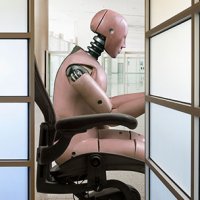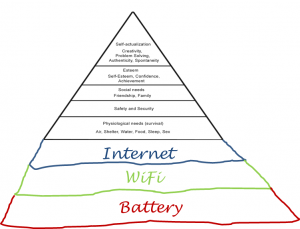 A number of clients are strategising around the skills gap topic – building education to meet a new-world, technology-led demand of smaller, bite-size modules of learning.
A number of clients are strategising around the skills gap topic – building education to meet a new-world, technology-led demand of smaller, bite-size modules of learning.
Technology allows us to read, watch videos and learn on a commute to work, so learning has to satisfy this new way that consumers digest content. But what is critical is that the outcomes of this education must be recognised by employers as having relevancy in the workplace. I recall my days at technology association CompTIA, working closely with Dell, Intel and others to build programmes that related directly to the job roles and the work – to help their people make an immediate contribution.
Tesco worked with us to develop a certification programme to upskill their store staff as part of a strategy to grab market share in the retail electronics marketplace – and they did it impressively, by building learning-plus-certification that had currency in their sector.
As we are in Wimbledon season, it is appropriate to mention the tennis. Especially in the early rounds, the tournament offers up mismatches in competition, but in the skills arena, it is as evident as it ever was – millions unemployed across Europe and yet employers have 4m vacancies that remain unfilled. We have to address it.








